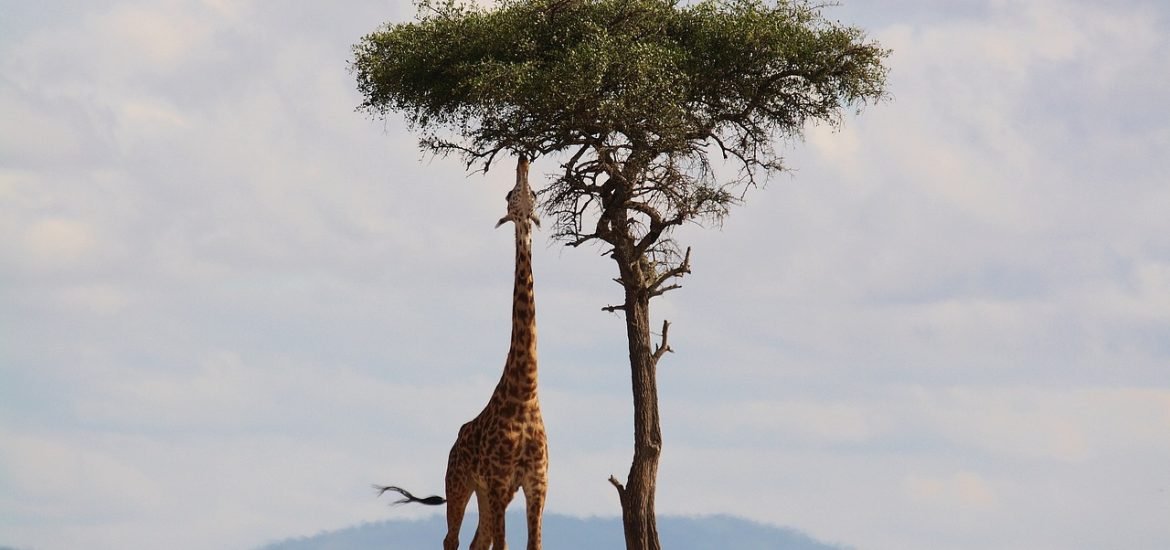
If the poaching of critically endangered Kordofan giraffes continues, it will inevitably result in their extinction in just 15 years in the Cameroon’s Bénoué National Park, according to a study published in the African Journal of Ecology. These are the alarming results found by a team from the University of Bristol and the Bristol Zoological Society.
One of the last populations of Kordofan giraffes lives in the Bénoué National Park in Cameron. Current estimates suggest fewer than 50 animals left in the park, and the Bristol Zoological Society has been working to conserve this mammal since 2017.
Sadly, poaching is frequent in this area, but nobody really knows how it impacts these giraffes. Illegal hunters target giraffes for their meat, as well as their pelts, bones, hair, and tails, which are valuable items in some cultures.
To answer this question, a team from Bristol Vet School and Bristol Zoological Society decided to analyse whether current conservation measures are enough to protect these animals using computer models. The authors compared anti-poaching interventions, habitat protection, and population supplementation either alone or in combination. The aim was to assess how each intervention impacted population numbers.
The models revealed that removing a single male and female every year would result in extinction in 15 years. In addition, poaching only females would have a stronger impact than just males. These results show that conservation efforts should prioritise anti-poaching methods as well as protect wildlife corridors to aid dispersal.
“Our findings confirm anti-poaching measures appear the most significant for population viability. The extent of poaching in Bénoué National Park is still unclear as far higher giraffe poaching rates have been reported in other national parks, but recently confirmed reports of the poaching of two giraffes in a period of just three months highlight the urgency of conservation intervention,” said Kane Colston, the study’s lead author.
“These findings really underscore the magnitude of the threat facing Bénoué National Park’s Kordofan giraffe and highlight the importance of our conservation work in the area. We will continue to work with the park’s Conservation Service and our partner NGO Sekakoh to ensure anti-poaching initiatives are prioritised within the landscape,” concluded Dr Sam Penny, the project lead from Bristol Zoological Society.
Colston K, Johnson C, Nyugha D, Goué A, Penny S (2023) Viability analysis of Kordofan giraffe (Giraffa camelopardalis antiquorum) in a protected area in Cameroon. African Journal of Ecology, https://doi.org/10.1111/aje.13196